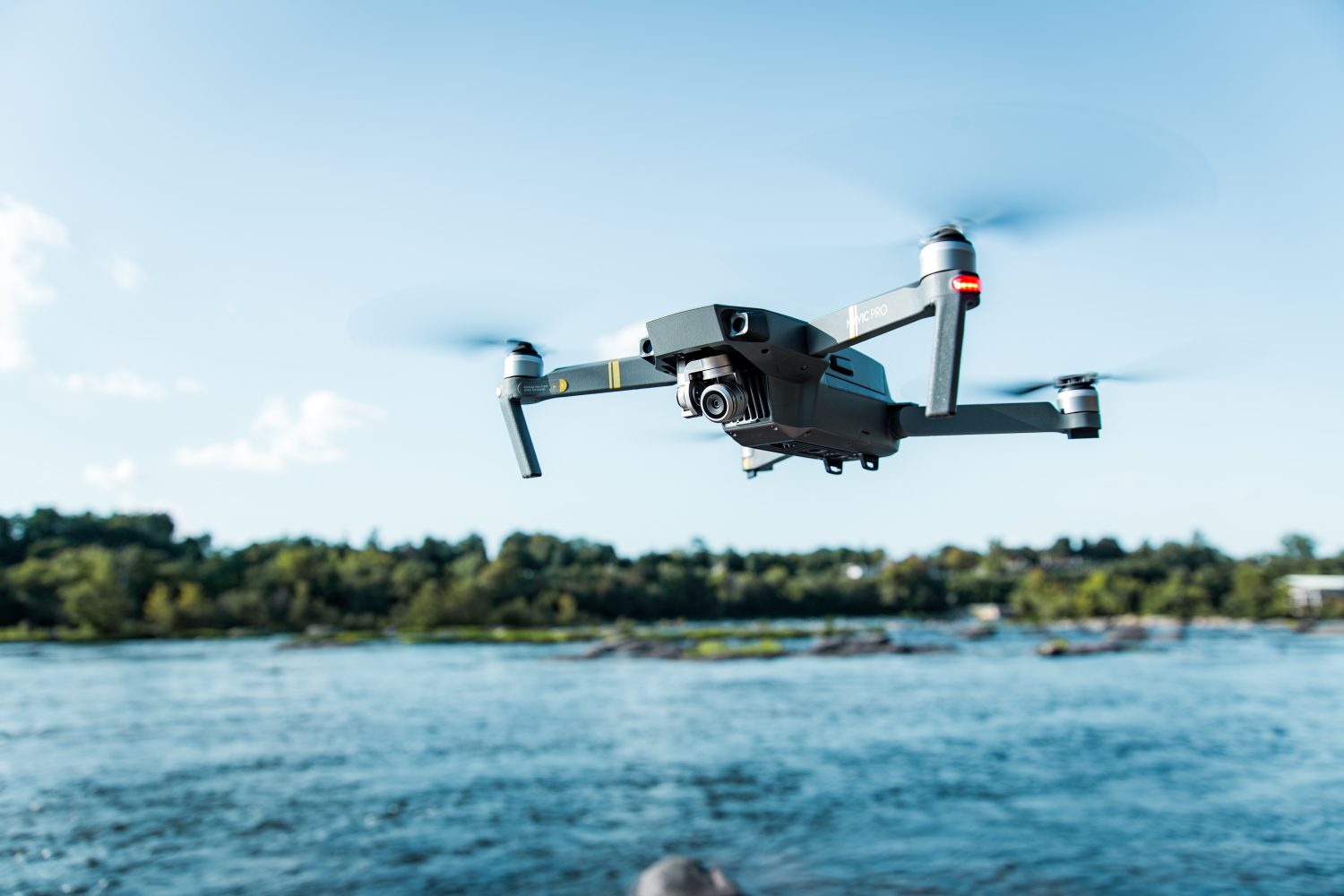
In spite of the rash of largely protectionist blacklisting initiatives in the US justified by nominal data piracy motives, a new survey commissioned by drone and onboard tech specialist Teledyne FLIR indicates information leak risks remain a middling UAV purchasing criterion for US enterprise and public administrations operators.
Teledyne FLIR polled 733 professional drone users whose work involves some degree of public safety activity in the US. It showed 69% of respondents describing themselves as “somewhat to extremely concerned” about their UAV-collected data becoming “accessible to foreign governments or other entities that might be considered hostile.” Yet while that ranks the issue as a factor among a large majority of poll participants, it scored considerably lower overall than pragmatic factors like ease of use and affordability in defining purchasing decisions.
Indeed, with most US businesses and public administrations dealing with ever tighter budgetary restrictions as well as data protection interests, those brass tack drone criteria tend to dominate procurement decisions. Nearly 95% of respondents to the Teledyne FLIR survey reported their organizations owning or operating UAVs of foreign origin – including nations specified as potential threats (read “China”) cited by federal and state blacklists.
Read: Et tu, Oz? After the US, anti-DJI drone campaign builds in Australia
True, a broad 86% of respondents called data security an important element in considering their purchase of drone systems. Yet determining influences were led by the quality of sensor payloads (97%), ease of use (90%), and price (85%).
Given its US origin and status as a trusted supplier to US and NATO governments and armed forces, it’s probably not surprising Teledyne FLIR positioned the data security concerns as the focus of its presentation of the survey. In the current US political climate, information safety (and country of origin) are marketable attributes.
As part of that, the company implicitly nodded to the creation of blacklists – and the existence of vetted resources like Blue sUAS – as positive steps in informing US enterprise or public entity buyers which drones are made by “domestic companies or countries that are not of concern and have strong measures against unauthorized access to data,” and those that aren’t.
At the same time, it also indirectly acknowledged the reality that – the intended squeeze on sales and bad PR sought by blacklisting notwithstanding – the US and global market dominance by DJI highlights “the need for cost-effective, high-performance, yet secure” UAV systems to be produced by American rivals in a way they currently don’t, it would seem.
Read: New US bill seeks far broader ban on DJI drone use
To enable that, however, Teledyne FLIR vice president Mike Walters suggests US politicians free up taxpayer money to underwrite the desired increase in competitiveness of the sector’s private companies – all for the benefit of better protected end users. Yet as the company’s own survey indicates, those enterprise and public clients aren’t primarily concerned about data leakage risks, but rather good, old fashioned free market value and performance for money spent.
“To ensure drone industry professionals can work with the best drone technology that is also cost-effective and data secure, government regulators need to look at funding domestic drone development and procurement,” argued Walters, quoting neither Adam Smith nor Horatio Alger in stating the case. “By making available more grants and incentives to public safety- and critical infrastructure-related organizations, local, state, and federal governments can help these critical organizations transition to data-secure drones originating from companies based in the United States and authorized countries.”
In an unrelated move, Teledyne FLIR unveiled its new Black Recon Vehicle Reconnaissance System in London today. The docked autonomous unit houses a small reconnaissance and intelligence drone – similar to the company’s Black Hornet UAVs used with great effectiveness in Ukraine – that is launched and operated from an interior hold of military vehicles.
Image: Karl Greif/Unsplash
FTC: We use income earning auto affiliate links. More.



Comments